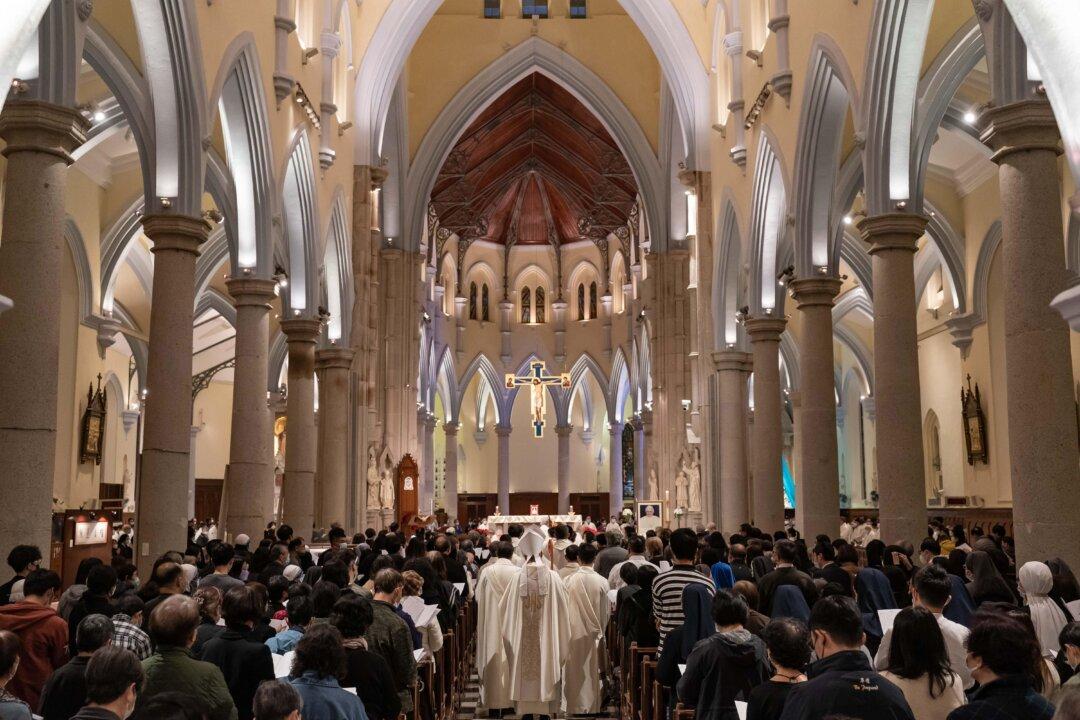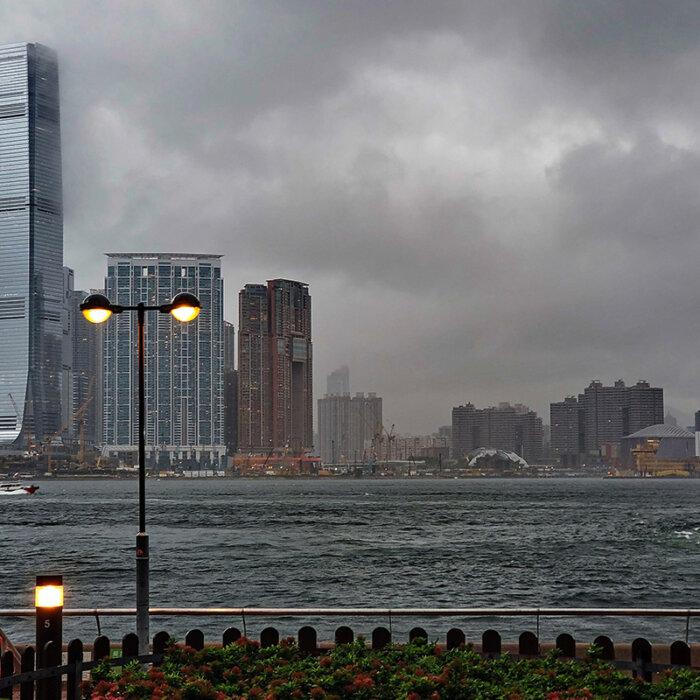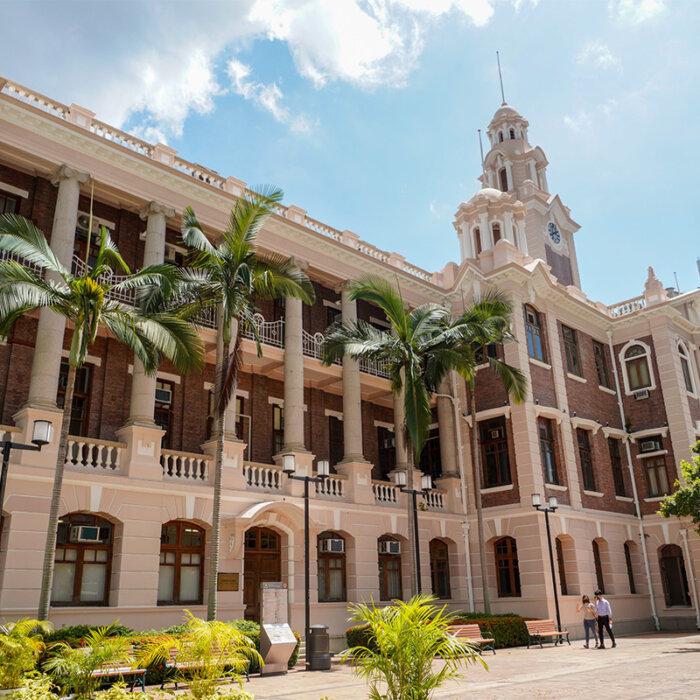The Chinese Communist Party (CCP) is using “insidious” and “subtle” ways to suppress religious freedom in Hong Kong, according to Benedict Rogers, co-founder and chief executive of Hong Kong Watch.
The freedom of belief is “under increasing and intensifying threat in Hong Kong,” Mr. Rogers said.
‘Insidious’ and ’Subtle' Attack
Mr. Rogers’s comments came days after UK-based rights group Hong Kong Watch released a report detailing how the Chinese communist regime undermines religious freedom in the former British colony as Beijing tightened its grip over it.“The CCP is using … more insidious, more subtle means to achieve the same purpose,” he said.
The law has resulted in widespread self-censorship by religious leaders.
“It is now almost impossible to find religious clergy in Hong Kong who will preach in their sermons anything explicitly or even implicitly related to human rights, human dignity, freedom, or justice,” said Mr. Rogers, who authored the rights group’s latest report.
With over 60 percent of government-funded schools in Hong Kong operated by church organizations, Mr. Rogers expressed concern that freedom of religion in the education sector is under threat due to the national security law, which has become a compulsory course for students as young as 6 years old under an overhaul of the curriculum.
“You might say, well, they were arrested or imprisoned or threatened for their political pro-democracy activities rather than directly their religious activities. But nonetheless, the restriction of their freedom of conscience relates to religious freedom because they are people who supported democracy inspired and informed by their religious convictions,” Mr. Rogers said.
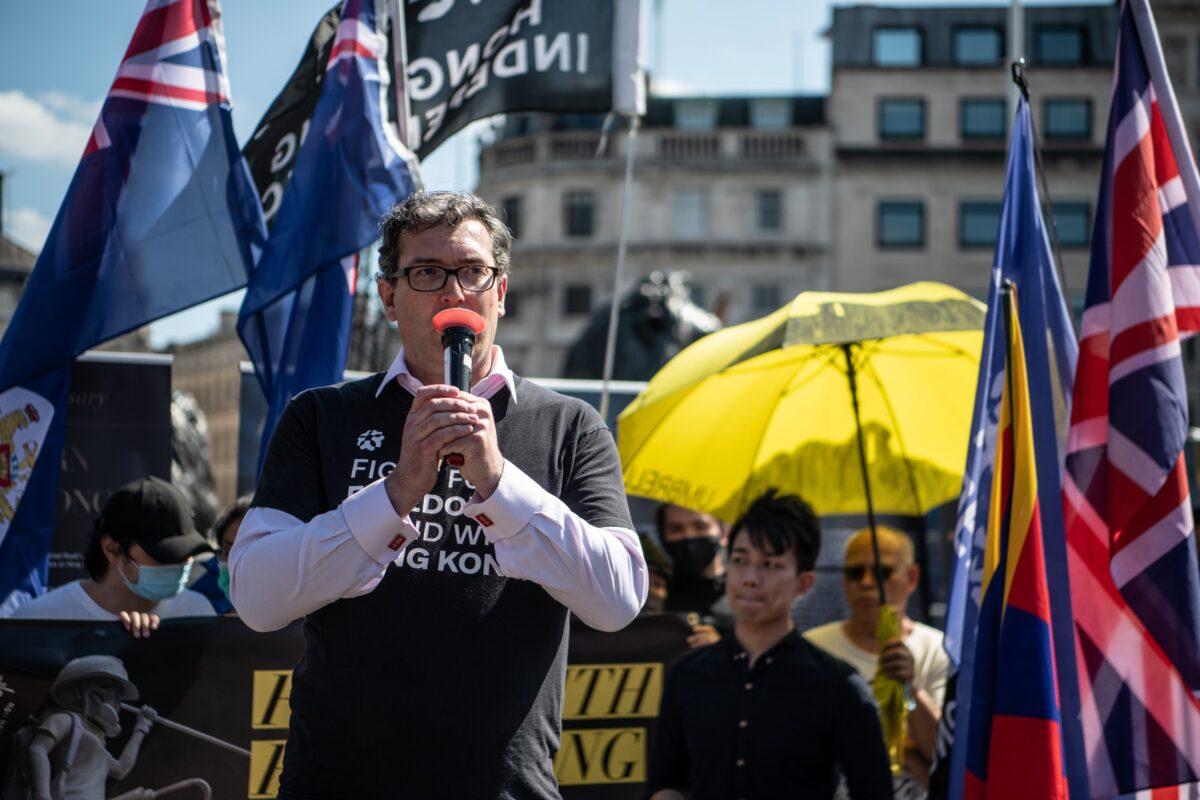
‘It’s About Trade’
Nina Shea, director of Hudson Institute’s Center for Religious Freedom, associated Beijing’s decision to use the national security law to attack religions in Hong Kong with the economic troubles it faces.“It’s about trade. China is going through a period of decline at the moment,” Ms. Shea said, noting that the country’s population is steadily shrinking, posing a challenge to Beijing’s efforts to revitalize the ailing economy as foreign investments withdraw.
“It’s a period where they’re trying to keep alive the economy and financial hub that Hong Kong was,” she said.
If Christians in Hong Kong were subjected to arbitrary detention or forced sterilization, like tactics that the authorities used to “sinicize” Uyghur Muslims in China’s western region of Xinjiang, it would harm the image of Hong Kong and look “very bad” for the West, Ms. Shea added.
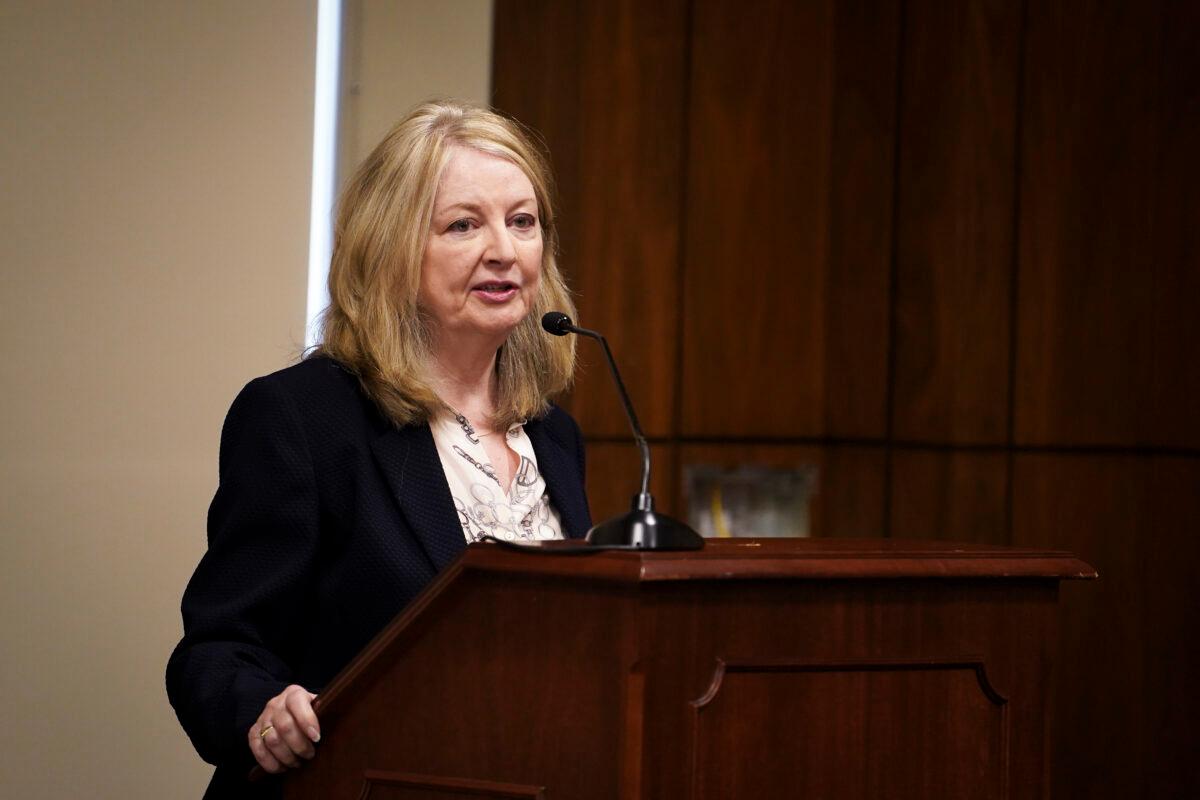
Nevertheless, Ms. Shea found that pro-Beijing media outlets in Hong Kong, like Ta Kung Pao, sought to justify the CCP’s efforts, arguing that Christianity is incompatible with China because it doesn’t have ancestor worship.
“But if you look at the Asian religions, they haven’t really fared any better, in fact, much worse,” she said.
Ms. Shea pointed to the CCP’s eradication campaign against Falun Gong, or Falun Dafa, a spiritual practice that consists of meditative exercises and moral teaching based on the principles of truthfulness, compassion, and tolerance.
Eradicating Faith
While people in Hong Kong can still practice Falun Gong or go to places of worship such as churches and mosques, Olivia Enos, a senior fellow at Hudson Institute, warned that Hongkongers could face the same fate as those in the mainland.Using the Uyghurs as an example, Ms. Enos said they faced lesser forms of abuse before the Xi regime escalated the persecution. Now, many Western governments have formally labeled the regime’s repression as “genocide.”
“I just don’t think that the CCP would stop, per se.”
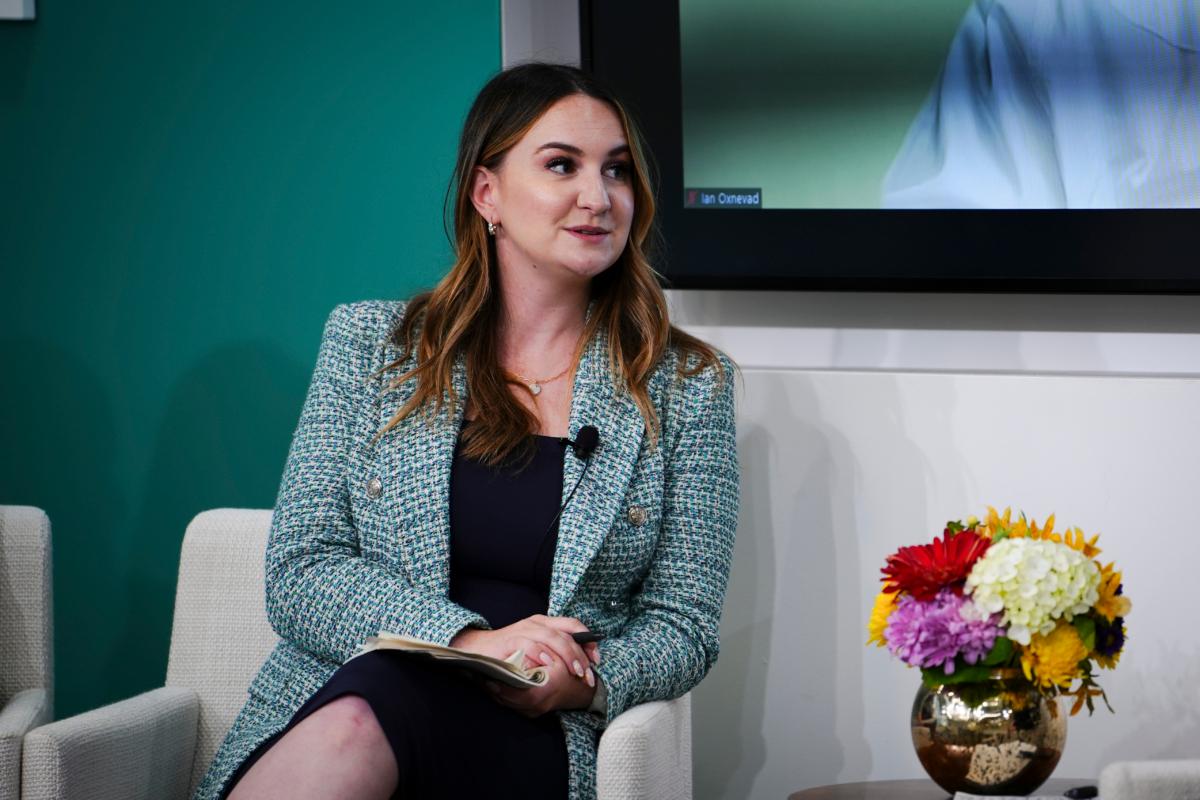
Nury Turkel, chair of the U.S. Commission on International Religious Freedom, believes the CCP’s goal in persecuting religions is “much more dangerous” than burning the cross or destroying a place of worship.
He pointed to the connection that Xi drew between the management of religion and national security, calling it a pretext for the regime’s human rights violations.
“If you look back the way that Xi Jinping has been talking about religion in the context of foreign encirclement since 2012, he has been telegraphing very concerning policy agenda,” said Mr. Turkel.
In 2014, through the National Security Strategy, Xi stated that China is facing worsening threats, and the CCP must preemptively crush those threats before they destroy its rule and derail its grand plan for the future, according to Mr. Turkel.
Chinese authorities apply the same logic in Hong Kong. Mr. Turkel noted the Hong Kong Watch report has found that some religious leaders with connections to the outside world have been perceived as potential threats or instigators of political upheaval.
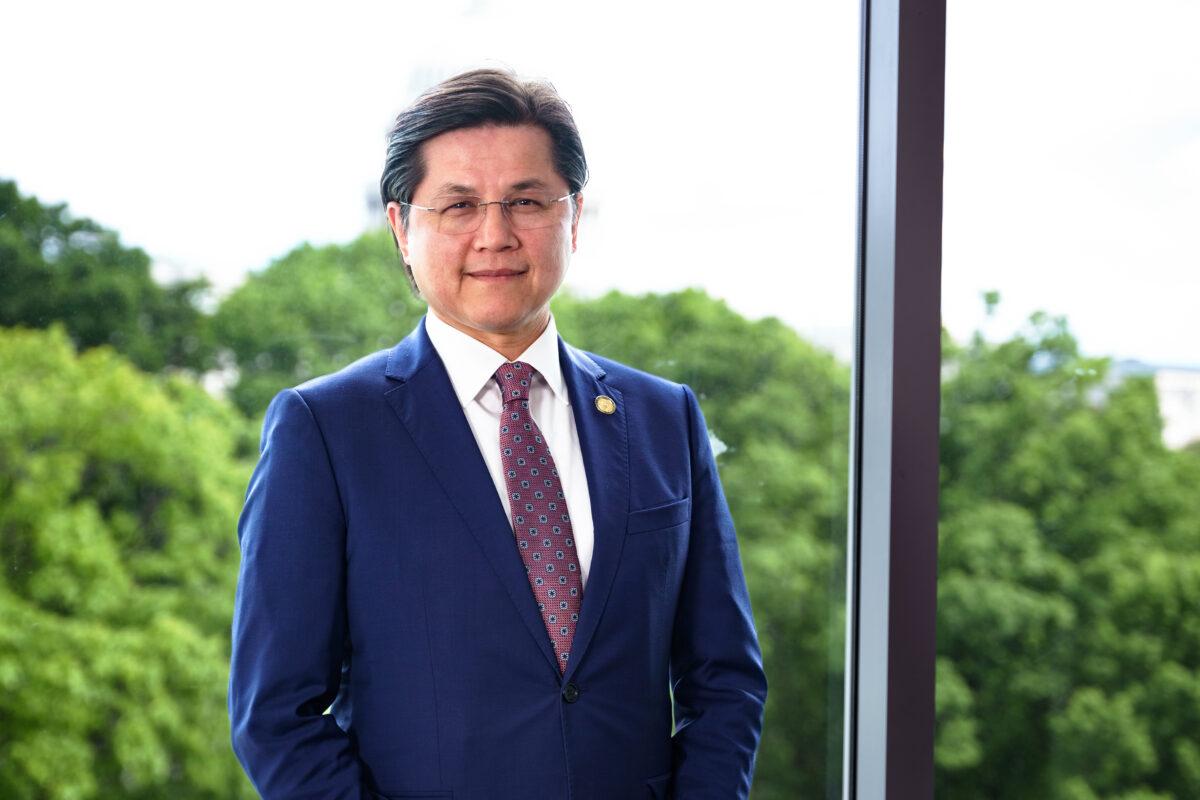
‘Medical Metaphor’
To maintain its iron grip on religion, the CCP often treats people of faith as though they have “mental illnesses,” according to Mr. Turkel.When the CCP began to persecute Falun Gong, “the world did not say anything,” he noted. The efforts now expand to Uyghur Muslims, with officials claiming that Uyghurs “have infectious diseases and the government must cure before it spreads the vital organs of the state,” he said.
“They’re using that kind of medical metaphor, not only insulting the religious practitioners but also in a very skilled and subtle way to destroy religious belief because the CCP leadership genuinely believes that religious practitioners lack loyalty to the CCP,” Mr. Turkel said.
The goal is to turn religious believers into supporters of the CCP. But the “CCP ideology and religion are not compatible,” yet countries in the free world, including the United States, haven’t had a “deep” understanding of it, he added.
